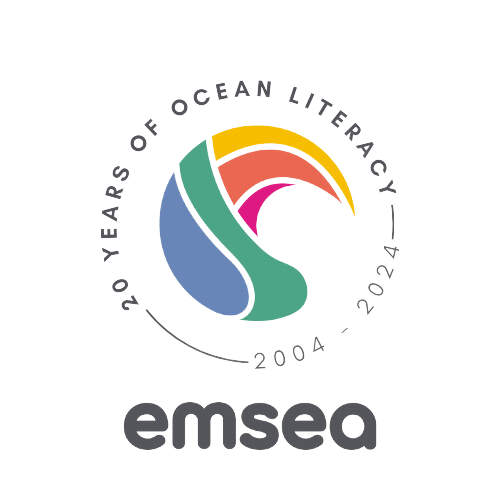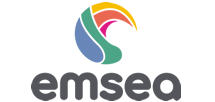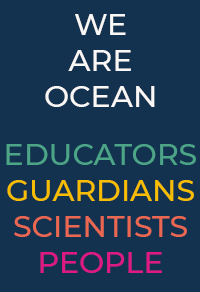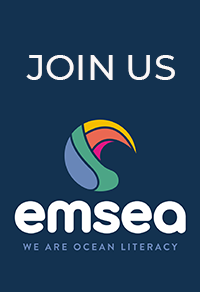Ocean Literacy: A 20-Year Journey
Ocean literacy is commonly defined as the understanding of the ocean’s influence on you and your influence on the ocean.
But have you ever wondered where this definition came from?
The beginning of this concept traces back to the early 2000s when a consortium of ocean scientists and education professionals in the United States recognized the absence of ocean-related subjects in formal education. Determined to address this, they initiated a movement to integrate ocean knowledge into classrooms.
In 2003 ad hoc committees and working groups were formed by organizations such as the National Marine Educators Association (NMEA), the Centers for Ocean Science Education Excellence (COSEE), the National Geographic Society, the National Oceanic and Atmospheric Administration (NOAA) to address the issue.
The journey gained momentum in 2004 and culminated with a two-week virtual workshop.
The online meeting aimed to develop a comprehensive framework that would integrate ocean sciences into national and state standard education. Roughly 100 representatives with expertise in the ocean sciences, ocean education and/or education policy from the College of Exploration (CoE), the National Geographic Society, NMEA, NOAA Office of Education, the Lawrence Hall of Science in California, COSEE, and NOAA’s Sea Grant Program and several other partners across the United States (US), participated in a series of discussions that allowed to formulate the first definition of, and a tagline about, ocean literacy, which were stated as follows:
Definition:
Ocean literacy is the awareness and understanding of fundamental concepts about the functioning of the ocean-atmosphere-earth system. An ocean-literate person recognizes the influence of the ocean on his/her daily life, can communicate about the ocean in a meaningful way, and is able to make informed decisions to ensure the ocean continues to sustain a habitable planet.
Tagline:
Ocean literacy is understanding the ocean's influence on you and your influence on the ocean.
These outcomes laid the groundwork for the first Guide to Ocean Literacy, published in 2005. This guide encapsulated a precise definition, seven fundamental principles, and 45 essential concepts. Its primary purpose was to serve as an invaluable resource for educators, enabling them to incorporate ocean content into science curricula across educational levels—from kindergarten to high school.
As we enter 2024, EMSEA wants to proudly commemorate two decades of the evolution of the ocean literacy concept that was sparked in October 2004. This celebration signifies not only a commitment to marine education but also a continuous effort to raise awareness about the ocean's paramount importance to humankind.
Join us in making 2024 the pivotal year for ocean literacy.
Follow EMSEA for updates on ocean literacy and discover how you can actively contribute to safeguarding our blue planet.
Stay tuned for more information and exciting initiatives to unfold in the coming months.
References:



